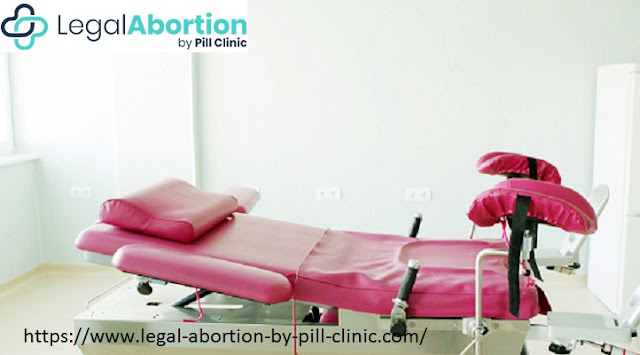US abortion legislation makes women who use unsafe abortion services unaware of the legal status of abortion. Previous studies in US have shown that a woman who is not aware of her legal right to abortion during her abortion is more likely to perform an unsafe abortion than a woman who does not.
The current study found that these women, who did not know the places for safe abortions because they had aborted themselves, were more likely in practice to have unsafe abortions.
Unsafe abortions were significantly associated with higher maternal mortality rates, maternal morbidity and other mortality, and suicide attempts. Abortion Clinics in Florida follow all the protocols and provide the best services in the region.
 |
| Best Abortion Clinics |
At the multi variable
level, maternal mortality, maternal morbidity, and other mortality factors
remained important predictors of abortion safety. At the multi variable level,
the prediction for unsafe abortion was the same as the risk of maternal death
and suicide attempts, but significantly less than the probability of suicide
attempts.
Women who did not know
the legal status of abortion were more likely to use unsafe abortion services
in this study than women who were aware of it. Abortions were also more common
in rural an area, which was an important indicator of unsafe abortion services
and may have contributed to the choice of abortion providers and services.
In some countries, the limited provision of affordable services could be an obstacle to access to safe abortions in a country where abortion is largely legal. The financial inaccessibility of safe abortion services is a major obstacle to the implementation of the government's plan to make safe abortions free by 2017 - that is, until the 20th.
It is difficult to understand why governments prefer
not to spend a lot on post-abortion care, which is crucial to providing safe
abortion services to women and their families in rural and other countries.
While unmet needs for family planning services are not significantly associated with unsafe abortions, unsafe abortion practices are associated with child spacing and unwanted pregnancies. This study addresses this gap and provides up-to-date information on unsafe abortion rates, including the number of women using safe abortion services.
The study aims to assess the prevalence of safe abortions in
the same countries where abortion services are provided and to examine the
attitudes of health care providers towards safer abortions.
The abortion pill is the preferred method of termination because it requires very little time in the clinic. However, studies of abortion pills have shown that taking the first drug rather than the second is less likely to work.
For the abortion pill to
successfully terminate a pregnancy, most women either need surgery or
additional medication. But anyone who needs to terminate their pregnancy should
know that they are in the 10th week or less and that they have the option of
miscarriage at home or in their local clinic if the pregnancy has already
occurred.







